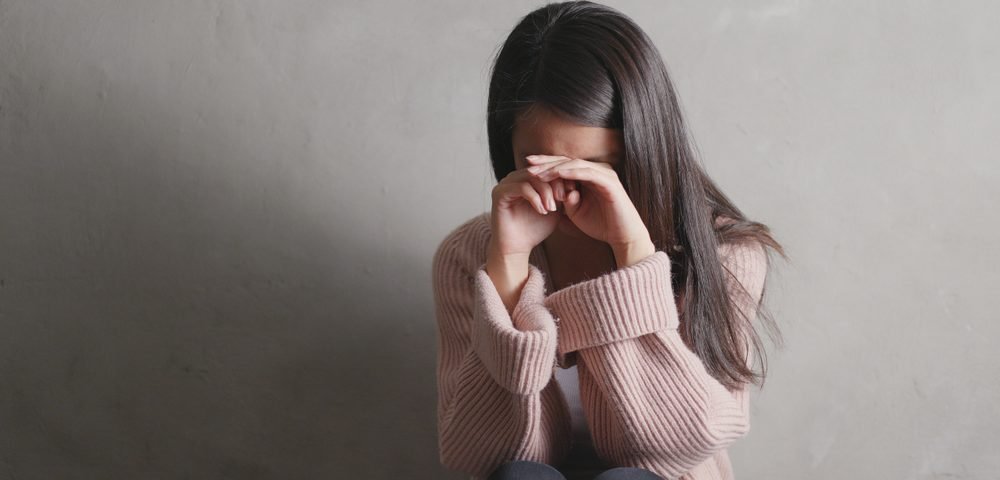Childhood Abuse May Increase Risk of Developing SLE in Adulthood, Study Finds
Written by |

Physical and emotional abuse during childhood may increase the risk of developing systemic lupus erythematosus (SLE) later in life, a new study has found.
The study, “Association of Childhood Abuse with Incident Systemic Lupus Erythematosus in Adulthood in a Longitudinal Cohort of Women,” was published in The Journal of Rheumatology.
Trauma experienced in childhood can have far-reaching consequences that affect both mental and physical health. Previous studies have suggested an increased risk for hospitalization due to an autoimmune disease among people who experienced childhood abuse. Yet, the precise relationship between childhood abuse and SLE is not well-understood.
Researchers at Brigham and Women’s Hospital, Harvard Medical School, and the Harvard T.H. Chan School of Public Health analyzed data from the Nurses’ Health Study II, which tracked the health of 116,429 female nurses in the U.S. from 1989, with regular assessments and questionnaires. In 2001, a questionnaire on childhood abuse was introduced.
The researchers analyzed the Physical and Emotional Abuse Subscale of the Childhood Trauma Questionnaire (CTQ). This includes questions about childhood abuse behaviors, such as having bruises from being hit by relatives, being yelled at, and being punished with hard objects.
Sexual abuse was measured with the Sexual Maltreatment Scale of the Parent-Child Conflict Tactics Scale.
From 67,516 women with CTQ data, 54% reported moderate or high exposure to physical or emotional abuse, and 9.9% of 67,480 women reported moderate or high sexual abuse.
Non-white women were slightly more likely to experience abuse than white women. Also, women whose parents had less education and who did not own a home reported abuse more frequently than those in different socioeconomic groups. Also, women who experienced childhood abuse had higher mean body mass index and were more likely to have smoked compared to those who did not.
The team found 94 cases of confirmed SLE. Results showed that nurses who reported a high level of physical or emotional abuse were nearly three times more likely to develop SLE than those who had not experienced abuse.
A significant proportion of this higher risk could be explained by depression and 23.3% by post-traumatic stress disorder. Accounting for either mental health condition and factors such as the socioeconomic level of parents, the link between severe abuse and having SLE was attenuated but not eliminated.
Sexual abuse was found not to be significantly associated with SLE risk. Yet, abuse is often under-reported, which may have influenced this finding, the scientists said.
“Our study adds further evidence that exposure to severe childhood stressors, even after adjusting for parental socioeconomic factors, increases the risk of autoimmune disease,” the researchers wrote. “Exposure to childhood adversity may contribute to SLE development.”
“With findings that suggest that experiences of significant childhood abuse are likely more prevalent than previously appreciated, programs are needed to both develop effective prevention strategies, and to mitigate the far-reaching effects among those previously exposed,” they added.




